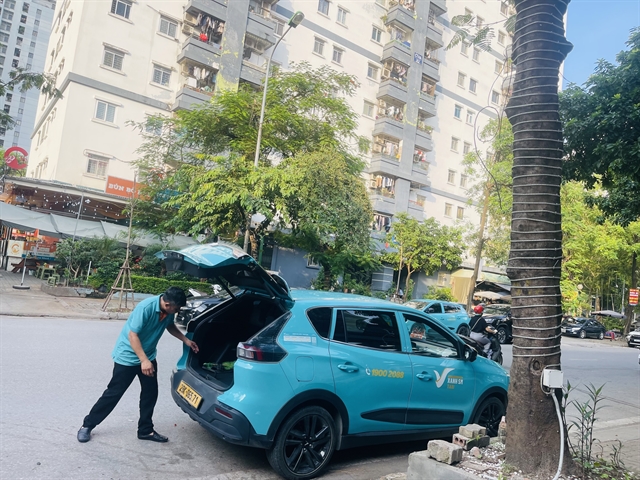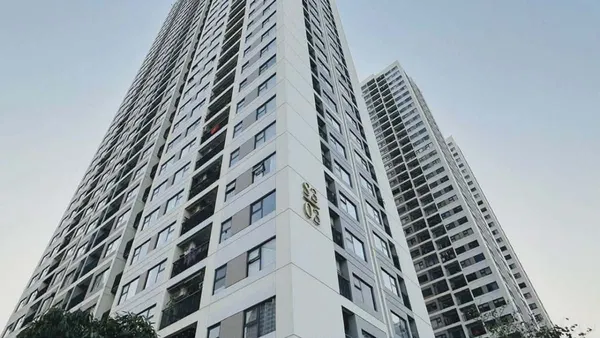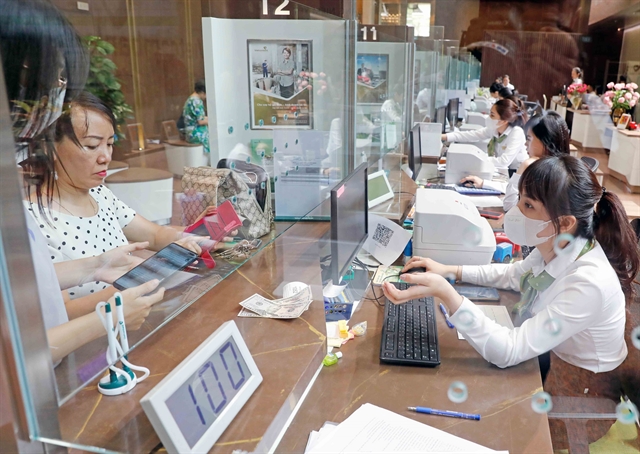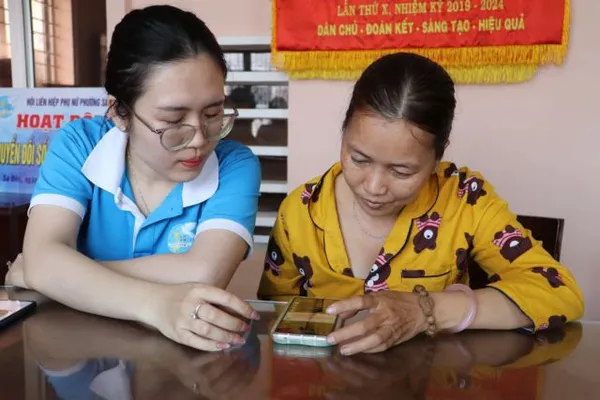 Society
Society
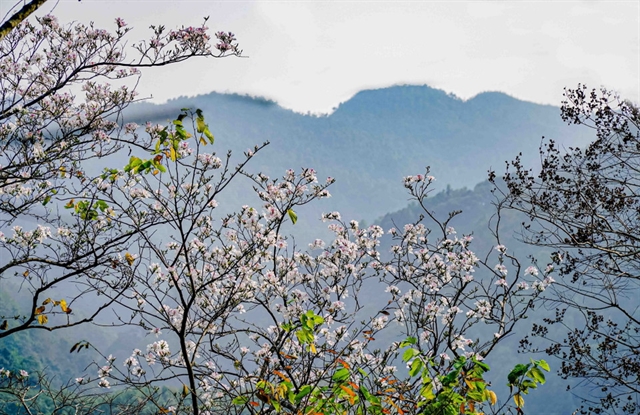
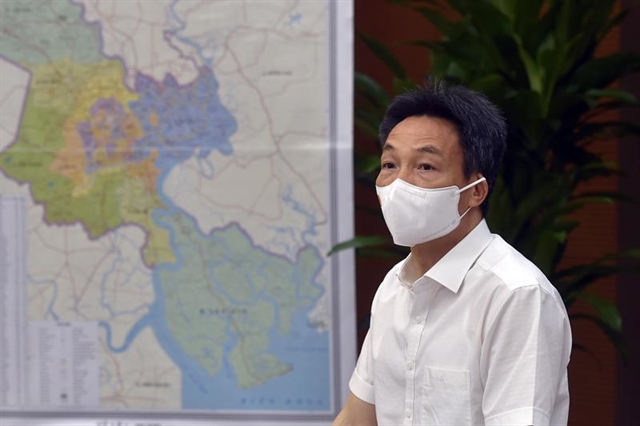
|
| Deputy Prime Minister Vũ Đức Đam speaks at a meeting on Friday with leaders of HCM City and neighbouring provinces on COVID-19 prevention measures. Photo courtesy of the HCM City Press Centre |
HCM CITY — Deputy Prime Minister Vũ Đức Đam has urged HCM City to work with neighbouring provinces to enforce strict COVID-19 prevention measures, including control of people going in and out of the city while ensuring convenient circulation of goods.
Đam, head of the National Steering Committee for COVID-19 Prevention and Control, said during an online meeting on Friday that the city must implement more drastic solutions to cut off infection chains within the next two weeks.
Lockdown measures under Directive 16 must be followed, and State agencies, factories and enterprises should continue to maintain production while applying strict preventive measures.
Anyone who leaves home without necessary reasons must be strictly punished, according to Đam.
The city must use both rapid tests and PCR tests, depending on the situation in each particular area, he said. "Results of COVID tests should be available within 24 hours."
HCM City and provinces must prepare treatment facilities according to three severity levels: level 1, asymptomatic to mild symptoms; level 2, moderate to severe symptoms; and level 3, critically ill.
More field hospitals should be set up using available resettlement apartment buildings and factories to treat asymptomatic COVID patients or those with mild symptoms. When the symptoms worsen, the patients must be immediately transferred to a higher level of treatment facility, he said.
It is paramount to prevent cross-infection at centralised isolation facilities, which have become overloaded due to surging cases. The city should be ready to isolate F1 cases (direct contacts of confirmed cases) at home under guidance of the health ministry, according to Đam.
On Friday HCM City reopened 12 pandemic checkpoints at city gateways to ensure that drivers have a negative COVID test before entering the city.
The city Department of Transport has asked provincial Departments of Transport to work with staff at the checkpoints and road forces to ensure smooth circulation of goods during the lockdown period.
Testing at home
Speaking at another meeting on Friday afternoon, Deputy Secretary of the HCM City Party Committee Phan Văn Mãi said the city has set up 2,500 mobile teams for COVID testing at people’s homes.
During the lockdown period, districts and Thủ Đức City will send mobile teams to each household to take large-scale screening samples.
People with symptoms like cough and fever should call local medical staff, and a mobile team will come within 30 minutes to an hour to take samples for testing.
“If there is no emergency, there is no need to go to the hospital for testing. The city will test 100 per cent of households in very high-risk areas over the next 15 days,” he said.
Test results for a single sample must be returned within eight hours and pooled samples within 12 hours from the time of receipt of the sample.
Nguyễn Thanh Long, Minister of Health, said: “It’s impossible to ask people to come to a designated place for testing because no gatherings are allowed to prevent the spread of the virus.”
There are 2,500 teams composed of two medical staff each, with a total capacity of testing 350,000- 400,000 samples a day.
The city should increase the number of sampling teams to meet demand in coming days, Long said.
City prepares 1,000 ICU beds
The Department of Health plans to add 1,000 Intensive Care Unit (ICU) beds to treat severely and critically ill COVID-19 patients at the city’s four highest-level hospitals, Chợ Rẫy Hospital (300 ICU beds), Hospital for Tropical Diseases (300), 115 People’s Hospital (250) and Gia Định People’s Hospital (150), as requested by the Health Ministry.
The city has prepared for a scenario for treatment of 20,000 COVID patients.
In addition to available hospitals, the health department has set up four field hospitals for COVID treatment.
They include a 4,000-bed field hospital (which has been converted from a dormitory at Việt Nam National University in HCM City), a 2,000-bed field hospital (from a resettlement apartment building in Tân Thới Nhất Ward in District 12), a 3,000-bed hospital field hospital (from resettlement housing in Thủ Đức City), and a 3,000-bed field hospital (from resettlement housing in Bình Chánh District).
The city will also use part of Thuận Kiều Plaza in District 5, known as the Garden Mall, as a field hospital. Two of the 33-floor towers have been requisitioned for treating COVID with a capacity of 1,000 beds. It is slated to open next week.
HCM City, home to about 13 million people, on Friday applied lockdown under Directive 16, the highest level of prevention which was enforced nationwide during the early days of the pandemic last year.
This year, the city has faced more serious challenges due to the highly contagious Delta variant that has caused infections in hospitals, industrial parks, residential areas and wholesale markets in the city.
The city has recorded more than 11,400 locally transmitted cases since the outbreak began in late April. — VNS
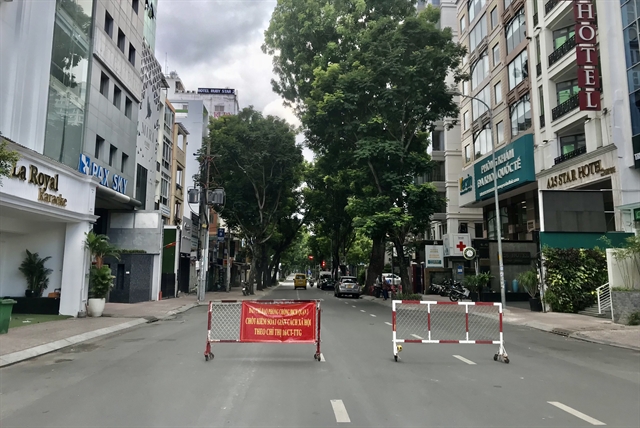
|
| A deserted Trương Định Street in HCM City’s District 3. The city started a 15-day lockdown on Friday. VNS Photo Bồ Xuân Hiệp |


